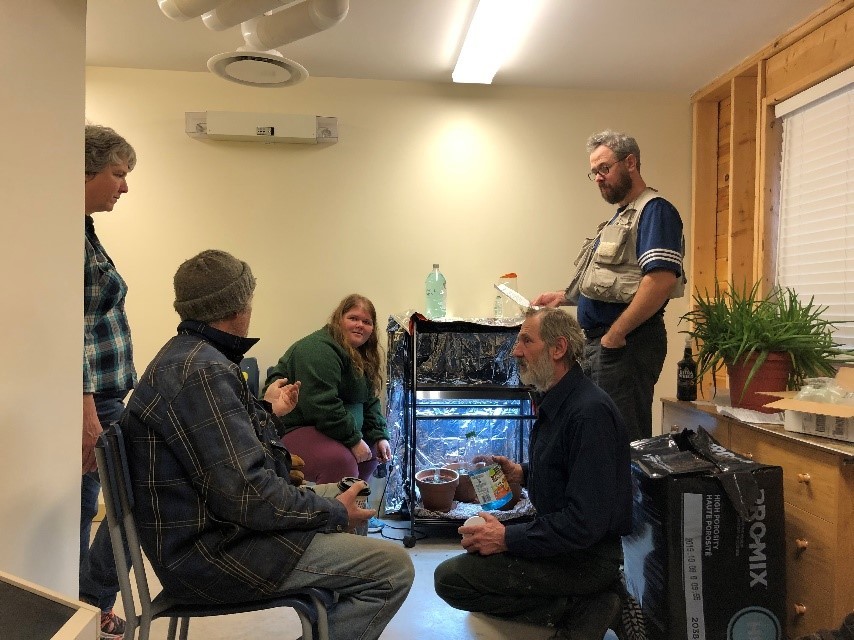After working in Italy for 20 years as a professor, Peter Cullen, director of Ross Farm Museum, wanted to bring experiential learning to his new workplace. Having worked with students in the past, Peter recognized the positive impacts on both student and employer, and reached out to Halifax Partnership to connect.
Securing a student through the Experiential Learning Initiative
Peter heard about the Halifax Partnership’s Experiential Learning Initiative, which ran from April 2017 to March 2020, through Matt Thompson of Placemaking 4G – an organization that attracts, retains, and invests in Atlantic Canada. “Matt and I approached Saint Mary’s University (SMU) with our agricultural study idea,” says Peter. “From there, we were connected with Halifax Partnership, which managed the relations between the university and Ross Farm.”
“Halifax Partnership’s ability to guide us through the grant process and make sure we were on track was a factor in how we succeeded in securing a student in record time.”
The role of the student at Ross Farm
Kaitlin, an anthropology student from SMU, was secured and tasked with responding to the question “how can we grow a 19th century calico potato in a 21st century museum?” Kaitlin provided an overview on the potato variety, identified and researched biological specifies, and assessed the environmental requirements. Her impact was far greater to the study than what Peter could’ve imagined. Ultimately, through the help of their student, the plant was able to grow at Ross Farm and continues to thrive today.
“Kaitlin immersed herself into our workplace and was able to be a part of a study that, without her, we would likely not have been able to complete.”

The lasting impact and future opportunities
Peter reiterated that Kaitlin’s contributions to Ross Farm were significant. “She has given us the confidence to experiment with field-planting calcio potatoes and implement a visitor and research program for the potato.”
He adds that the success of the experience has opened up opportunities with other universities, such as Saint Anne’s University, ultimately incorporating French into their programming.
“I would absolutely recommend that other businesses take on a student through an experiential learning program. Experiential learning allows students to build engagement and connections in their field of study outside the classroom and provide their knowledge to companies who would benefit from a new perspective.”
“Once we get through the COVID-19 crisis, Ross Farm Museum looks forward to continuing with experiential learning projects with universities, colleges, schools, and community groups. I think the crisis has reminded us of the centrality of food production and self-sufficiency to our lives, and we hope to contribute to developing an understanding among young people of how to develop their skills in these directions. We will be working with students, offering training courses, and looking to hire skilled young people in the years to come!”